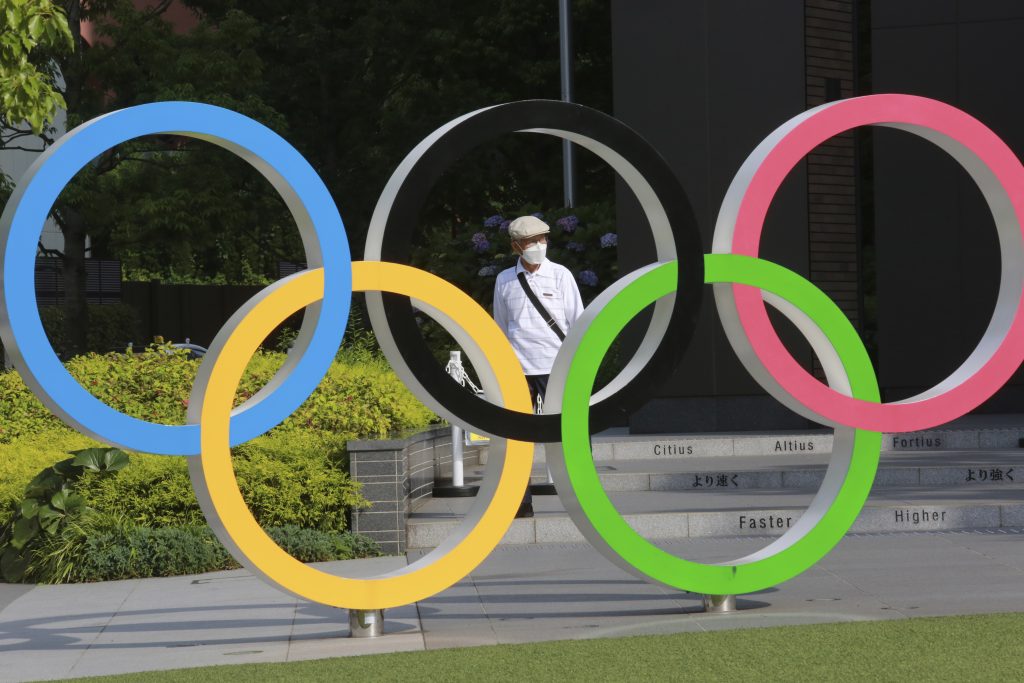Lessons from Olympics: Dealing with disappointment

DR ASHA PEMBERTON
teenhealth.tt@gmail.com
Over the past week the world has taken somewhat of a media break from covid19 updates and become engrossed in the Olympic Games in Japan. While many obvious changes to the management of the event are apparent, the determination, athletic svelte and virtuosity of the world’s greatest competitors remain unchanged. As with any high stakes endeavour, we the audience feel connected to the sheer emotion and elation of victories, and likewise experience the gripping pain of loss or defeat. Of the many lessons that the Olympic games teach, including consistency, resilience and sportsmanship, for most athletes they will leave the games with some measure of disappointment, as simply, everyone will not win.
Acceptance
Whether in sport, academia or just general life, teenagers and young adults, must learn and practice the act of acceptance. There are aspects of life which we can control and others we cannot. With each event that unfolds in life, young people need to acknowledge the situation that they are in, and recognise things which are within their control and those that are not. When outcomes are not what's expected, frustration, anger and irritability can quickly set in. These emotions are expected and valid. What should next occur are strategies to manage these emotions and chart the course forward. Very helpful to this process is journalling. By capturing the moments you allow yourself the process of reframing. This means taking the situation, placing it into an objective “frame” from which you can begin the process of healing and rejuvenation.
Positive self talk
Critical to the process of recovery from disappointment is changing internal narrative. Instead of engaging the thoughts that endorse that “this was the worst thing that could happen" to you, focus should be shifted to language more powerful, positive and invigorating. This process is neither instant nor magical; and does not take the place of acknowledging the valid feelings of disappointment. It instead works in harmony through accepting the reality and still yet filling your mind with positive and forward thinking thoughts. They work together to help away from feelings of sadness and helplessness.
New outcomes and expectations
Teenagers quickly learn that the “happily ever after” endings of fairy tales or Netflix dramas are unrealistic. A large aspect of success in school and in life, lies in maintaining a positive attitude and realistic expectations of yourself and the world around you. Based on your results, the effort you applied and your goals you can gauge realistic future goals for yourself. Sometimes disappointment occurs when expectations and goals are simply out of reach. While young people should always aim to be their very best and set goals of success, many times, ultimate victory comes from a series of small wins consistently achieved over time.
Take it one moment at a time
Life is definitely going to test and possibly even throw more disappointment going forward. Take things day by day. There will be great moments and sad ones, but success arrives through being consistent and placing focus on skills and goals. Practice positive self-talk, journalling and visualisation every day; so that when the sad moments come young people are more prepared to deal with them. With life, effort opportunity, hope and a positive attitude the possibilities are limitless.

Comments
"Lessons from Olympics: Dealing with disappointment"